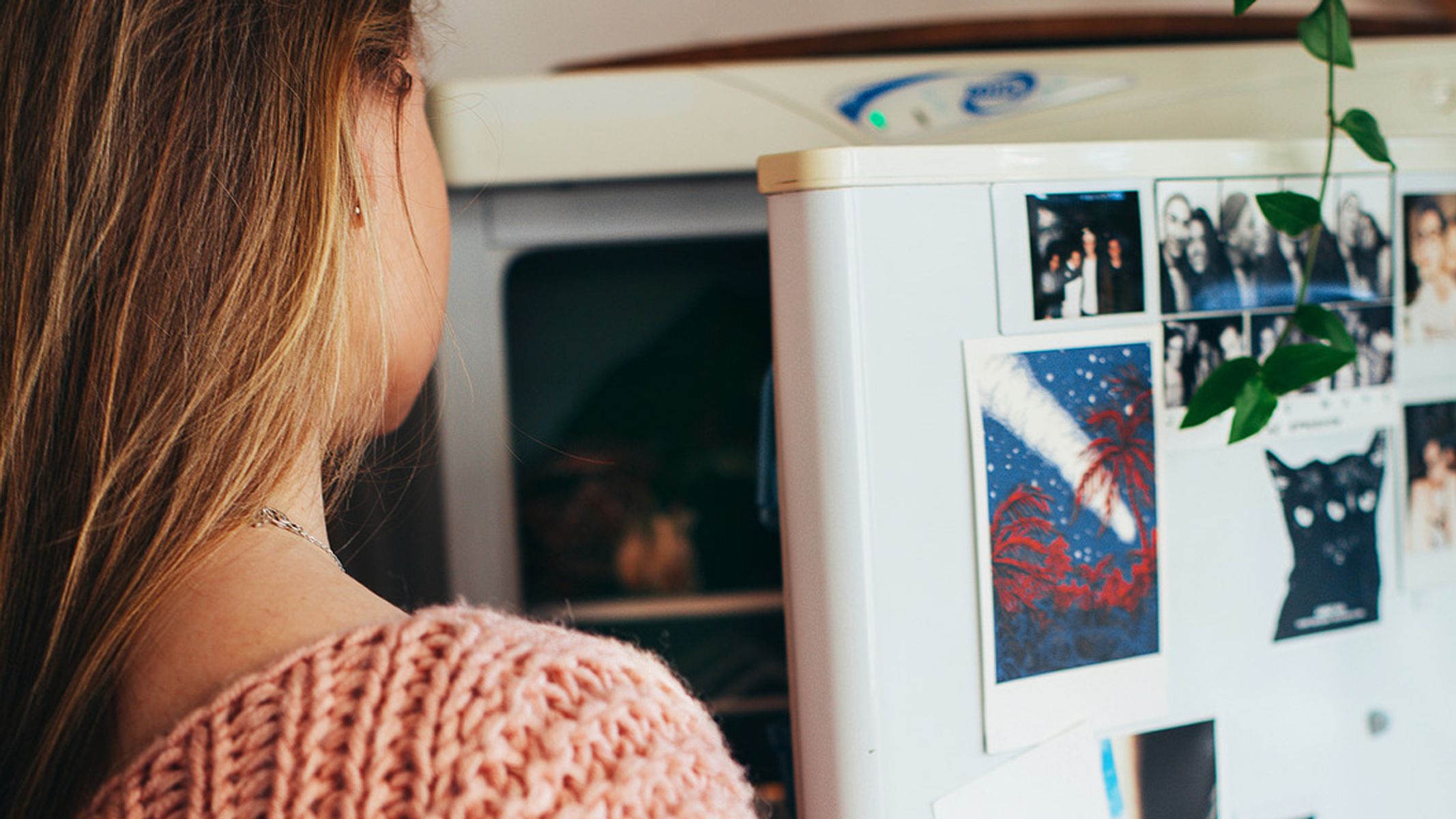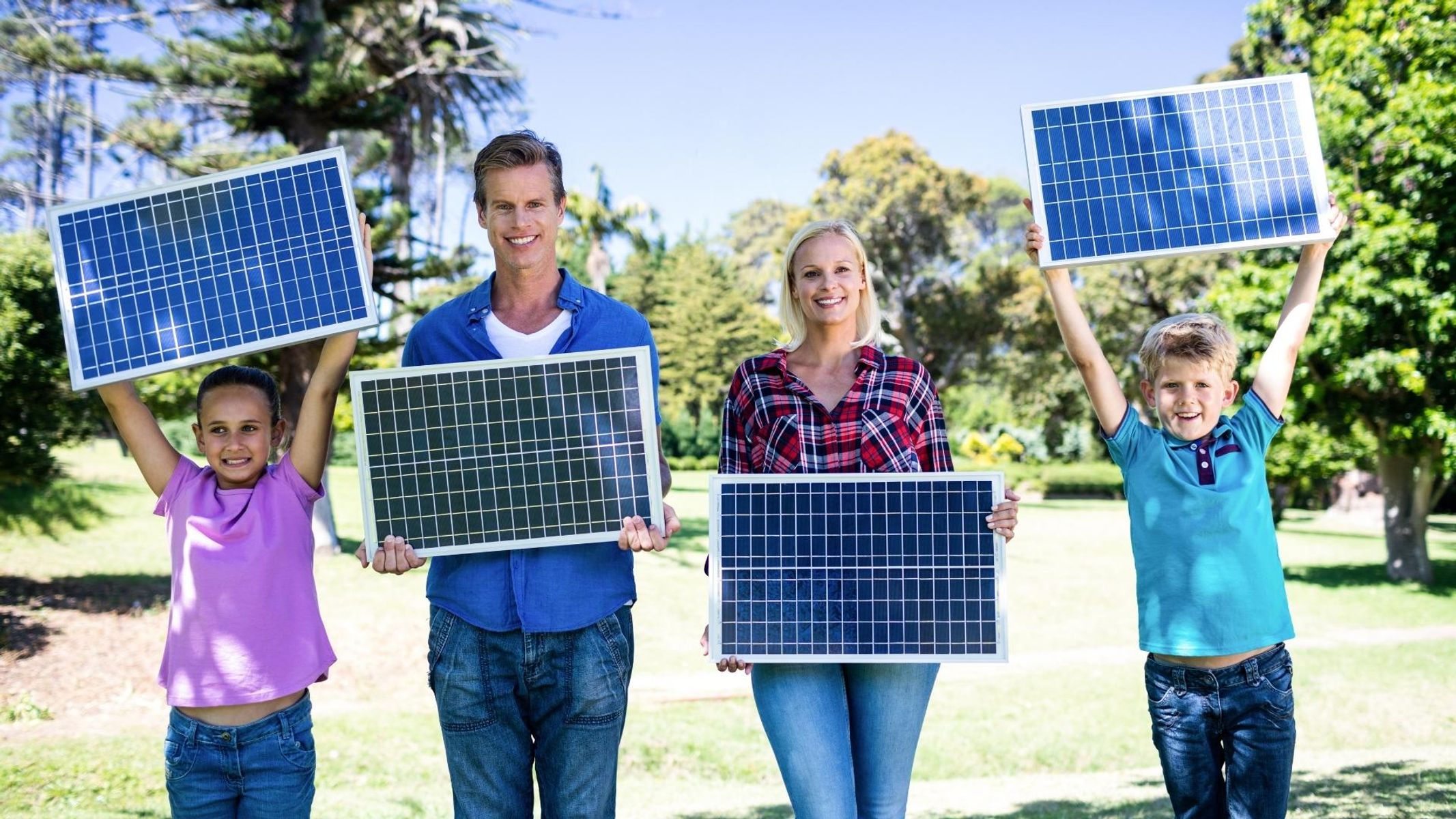How many times have you found yourself meandering to the pantry or the fridge since Coronavirus arrived? Have you perhaps wondered why all of a sudden the clothing you once comfortably slipped into is starting to feel a tad bit ‘restrictive’ or worse still you have actually found yourself having to replace your wardrobe? It seems that for many people, the pandemic hasn’t just left an indent in peoples’ capacity to socialise, it has certainly left an impression on peoples waist lines. But why? Why are people struggling to walk on past the fridge? Why is it after having a substantial breakfast or lunch, the refrigerator light is yet again beaming in the kitchen for the 20th time or you are starting to wonder why you even bothered to close the pantry door only to have it opened again?
To shed the light on this, we are invited to ponder the various aspects of the human brain, particularly the reptilian and mammalian areas. Our reptilian brains are largely responsible for the activation of our flight, fight or freeze response or essentially our capacity to maintain survival and avoid harm. Many people are all too familiar with the feelings of stress and anxiety, but when we combine that with the real or perceived fear of starvation, lack or scarcity, we can start to see on a primal level why our brains are geared to ‘protecting ourselves’ at all costs. It stands to reason that with so much uncertainty regarding availability and accessibility of food (oh and toilet paper) and the economic aspects of COVID-19, many peoples relationships to eating have altered for the worse.
Essentially our brains are geared to do one of two things - seek pleasure and avoid pain. So to our primitive brains we want to avoid pain, we want to avoid perceived ‘starvation’ and any associated ‘distress’ that such an experience may evoke. With regards to the ‘seeking pleasure’- who hasn’t loved having a taste bud party (well given that we can’t do one in real life).
We too can also thank the biological process of stress and how this alters our cortisol levels. And you guessed it…cortisol impacts the bodies energy regulation. No wonder things like our highly processed, high sugars or high carbohydrate foods become so appealing because our bodies desire more energy to function under stress and those simple carbohydrates provide such a quick hit.
The reality is that our conscious or unconscious starts to command the stage in an attempt to suppress or soothe away unwanted or unpleasant emotions. Let’s face it, eating can also be such a welcomed distraction from the stressors of everyday life that many people also battled prior to the whole Coronavirus pandemic. Eating has long been connected with attempts to ‘self soothe’ when people are feeling triggered. In this instance our ‘feelings are stuck in the food’. Many people may not be aware of our brains ability to ‘make links and associations’ with food. Yet sometimes what we are seeking is the ‘feel good’/‘happy emotions or a sense of safety’ that have been experienced when we ate with people significant to us (people who made us feel safe/protected or cherished). Many people have fond memories of ‘Grandma's hot apple crumble’ at the conclusion of the Sunday Roast. Our brains can in such instances ‘couple’ experiences without much awareness. What we are really seeking is the comfort of the interaction with a person,ot the food itself. Yet our brains have not been invited to ponder the connection.
Ok… so now what?
Here are 5 tips for tackling Emotional Eating.
- Asking ourselves ‘Am I physically hungry or is this emotional hunger? Physical hunger tends to come on slowly, with feelings of nausea and possible hand tremors and dizziness. If it is 3-4 hours since your last meal, chances are it is legitimate physical hunger. Emotional hunger is more likely to come on extremely quickly
- Tune in and pause. You may like to place your hand on your heart and one on your belly and ask “What am I really hungry for?” Chances are it is not food, it may be the feeling of peace, reduced stress, telling someone ‘no’ or putting in necessary boundaries
- Tune in and ask ‘Is this munch/binge going to be something my future self is going to thank me for later?’ or ‘Will my future self be giving me a hi-five for this?”. (Chances are it’s a big ‘No’)
- ‘What am I trying to ‘stuff down?’ or ‘What am I not expressing? Or ‘What am I not saying?”
- Learn Emotional Freedom Technique (E.F.T). Research suggests that when it comes to emotional eating, food cravings can be reduced by over 75%
Article provided by Maree at the social work desk – Timbarra P9 College Berwick.





